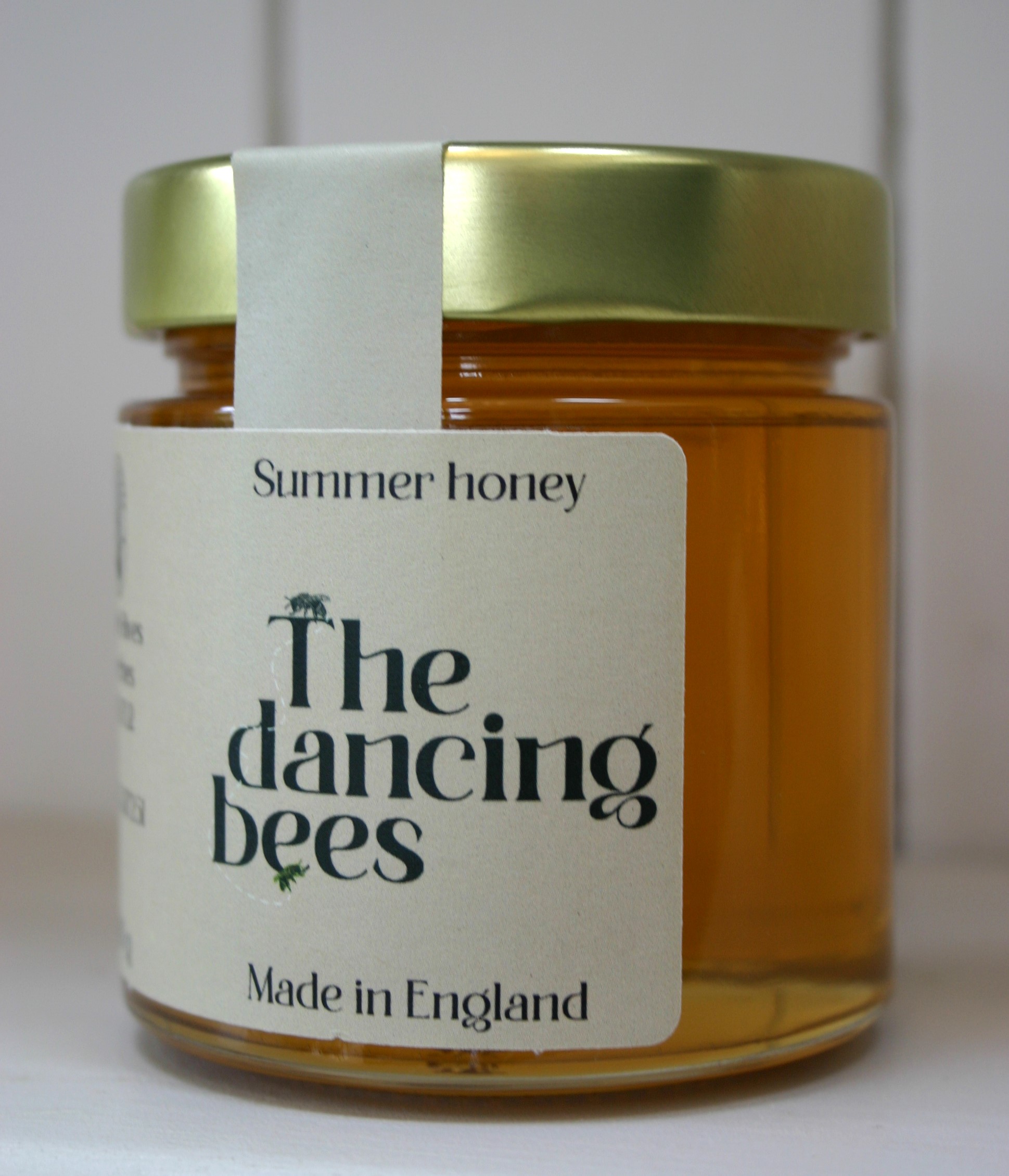Your basket is currently empty!

How do I buy pure, unadulterated honey?
There’s only one way to make sure that the honey you buy is pure and unadulterated and that’s to buy it from your local UK honey producer or beekeeper.
It’s a sad fact that the global trade in honey is largely untested and in some cases unregulated. That means that a lot of the honey you buy from UK retailers may have been adulterated and bulked out with cheap sugar syrups. Tests in both the EU and the UK in recent years have found between half and 90% of samples failed authenticity and had been bulked out. The Honey Authenticity Network thinks that one-third of internationally traded honey is adulterated or 100% fake.
Check the label of the honey in your supermarket and be particularly wary if it says it’s a blend of non-EU honeys. There’s no requirement to identify the country of origin if it’s a blend of honeys from more than one country, and in these cases it’s likely to have come from countries including China or Vietnam.
The UK supermarkets say all the honey they sell is pure and dispute the reliability of the testing methods, but testing methods are improving and there is a growing weight of evidence suggesting otherwise.
The UK’s Food Standards Agency has been looking at the issue of adulteration and what steps can be taken to improve testing and data, noting that “honey is a complex, naturally occurring product that has become a target for adulteration, like other high-value food products such as olive oil, whisky and wine.”
There’s no doubt the UK needs a recognized and agreed honey testing regime and should introduce a country of origin labelling requirement for all honey. The EU is taking steps on the latter, but the British government needs to take steps on both issues too.
As with other high-value products, price may be something of an indicator of the quality of the honey you buy. We are sometimes asked why our honey is “so expensive”.
Honey is not a cheap, industrialised product that can be mass-produced. Bee farmers and beekeepers are managing hives of wild insects and the honey crop is the result of a whole year’s labour-intensive endeavour by both the bees and the beekeeper. Things can, and frequently do, go wrong. Ask any UK bee farmer or beekeeper whether they can produce a jar of 100% pure honey for a couple of pounds or less and then ship it around the world for even more cost and the answer will be a resounding no. It’s unlikely that bee farmers elsewhere in the world can do it either.
So, next time you shop for honey, please buy it from your local UK producer:
- The honey will be pure and unadulterated
- You’re supporting the local economy and local producers
- You can ask the beekeeper exactly where the honey comes from and what the bees had been foraging to produce it
- The honey will be made from nectar foraged in your local area, supporting biodiversity
- You’ll experience a wide range of different honeys – each and every honey coming from our hives has a different taste and colour depending on what the bees have been foraging. That’s how it should be and it’ll only add to your honey experience.
Read more:
